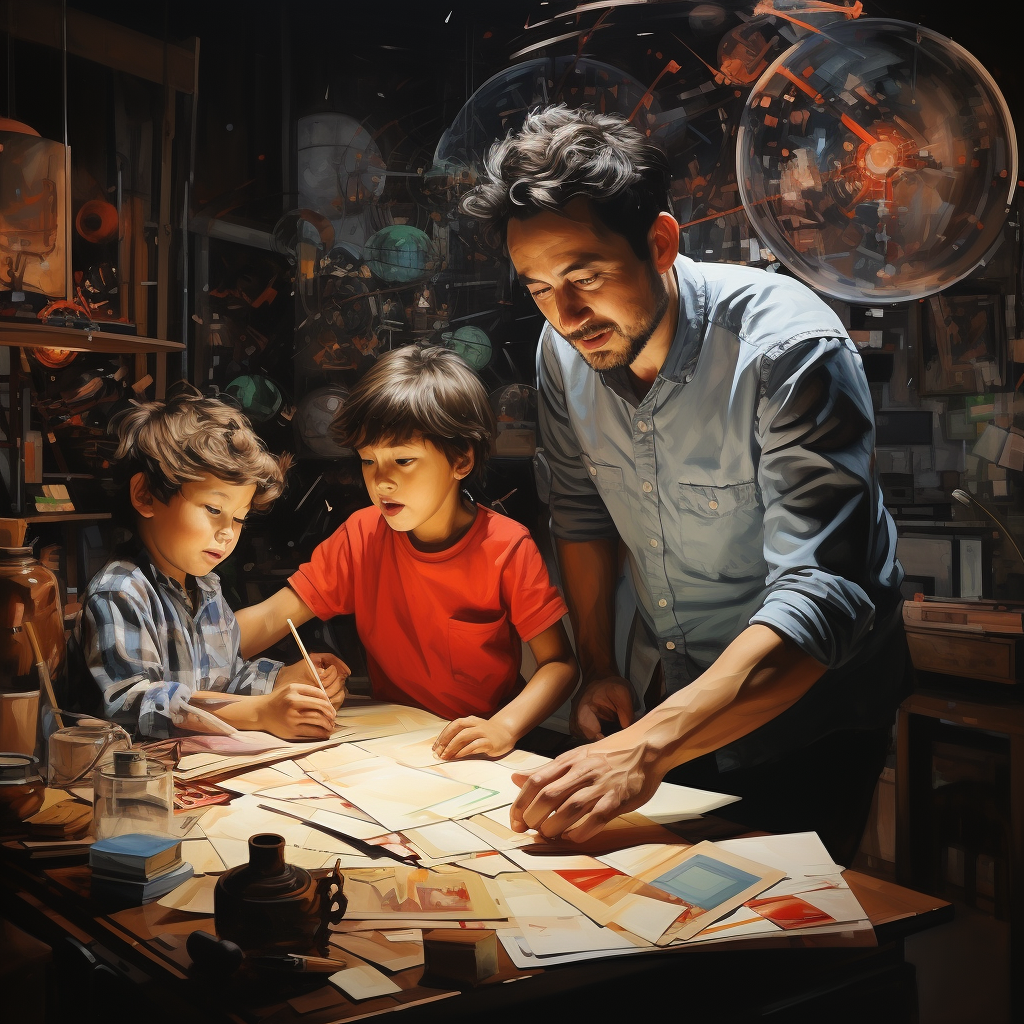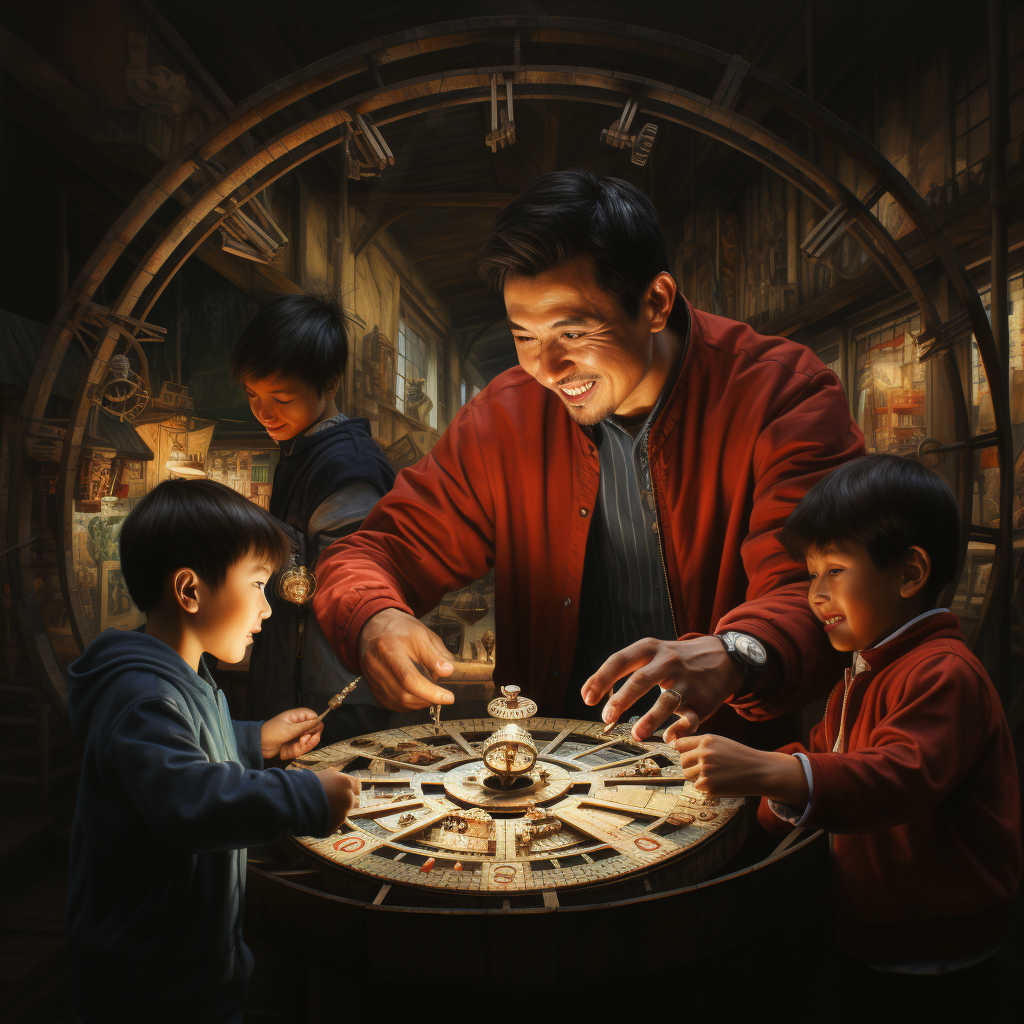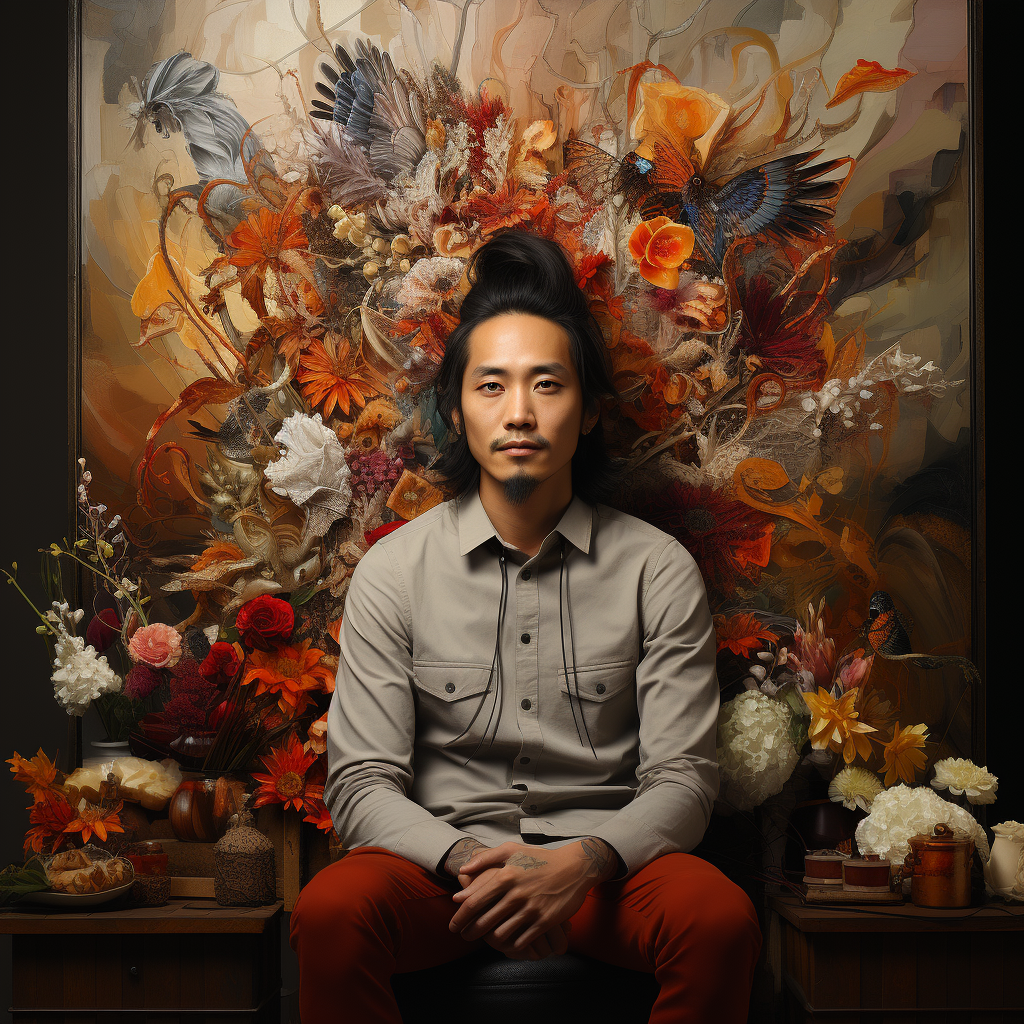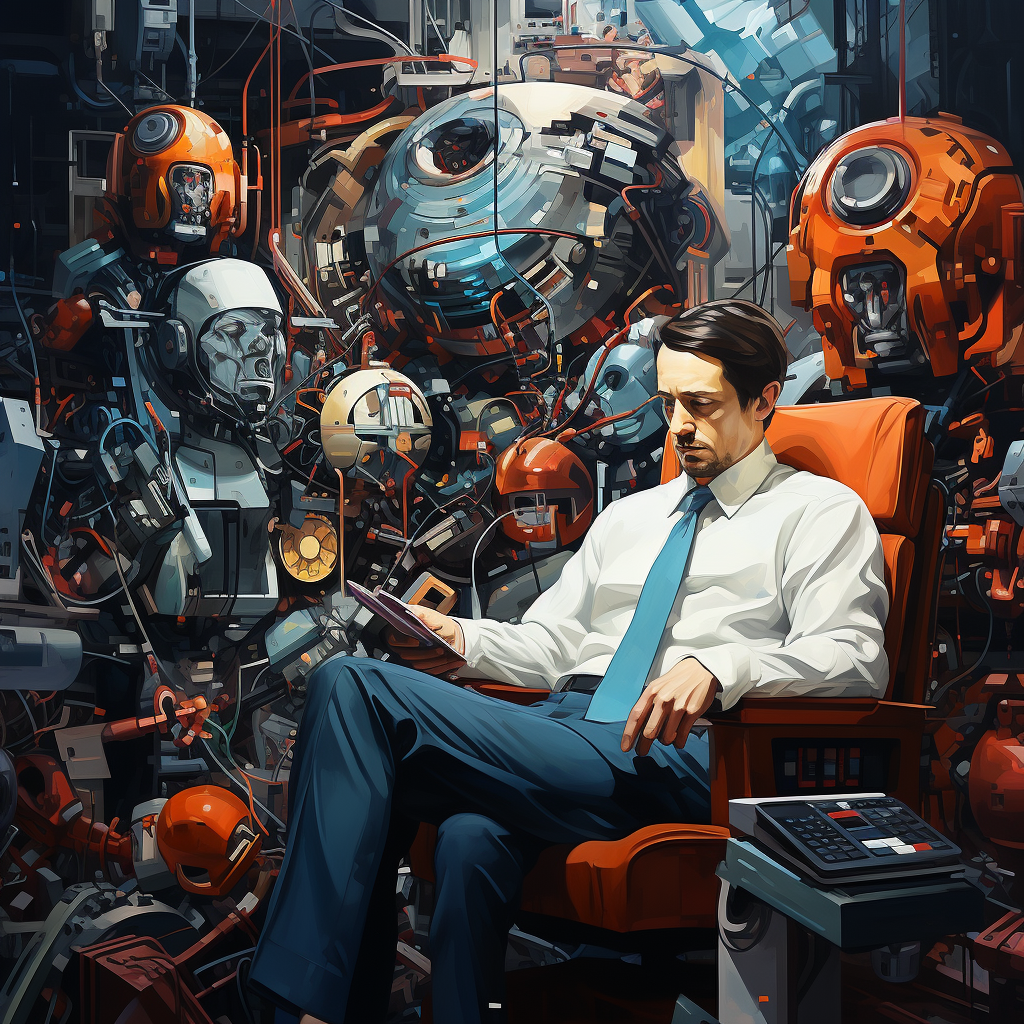In the fast-paced, technology-driven era that we inhabit, modern parenthood is an intricate dance of complexities. Amidst the cacophony of work commitments, personal endeavors, and the ceaseless whirlwind of child-rearing, today’s parents find themselves in the unique role of nurturing the leaders of tomorrow. This article will explore the essential role that focus plays in guiding children toward a promising future.
Modern parents, much like maestros conducting a symphony, orchestrate the harmonious balance between nurturing their children’s unique interests and maintaining their professional responsibilities. Each child, with their distinct personality and burgeoning talents, demands a different melody of guidance. An older child might be enamored with books, a middle one drawn towards music, and a younger one enthralled by the wonders of exploration.

In guiding these distinct personalities, parents become more than caregivers—they morph into educators, mentors, and guides. Late-night tutoring sessions become opportunities to feed young, eager minds. Hours spent transporting children from school to music lessons or sports practice become valuable moments to impart life lessons and values.
Parental focus on their children’s education and talents shapes these young lives significantly. It cultivates an environment where the pursuit of knowledge and personal growth is valued and encouraged. It also lays the foundation for children to be successful individuals in their chosen fields in the future. More importantly, it helps them develop into well-rounded human beings who understand the importance of hard work, perseverance, and compassion.
As parents navigate the intricate maze of modern parenthood, they keep their gaze fixed firmly on the future. Their vision is one of a world where their children, equipped with knowledge, grounded in morals, and inspired by faith, make a positive difference. This relentless focus on the future, combined with an undying faith in their children’s potential, fuels the parents’ tireless efforts and constant support.
In this quest, parents also introduce their children to the spiritual dimensions of life, underpinning their worldly lessons with a grounding in faith. Faith, whether it’s in a higher power, in humanity, or in the laws of nature, adds depth to their children’s understanding of the world. It provides a moral compass guiding them to be virtuous, compassionate, and humane leaders of tomorrow.

In the grand tapestry of life, it is the unwavering focus and steadfast faith of parents that helps weave the narrative of their children’s future. It is a future envisioned to be bright and filled with potential, a future where their children are not just successful, but also valuable contributors to society.
Navigating modern parenthood’s intricate pathways is indeed an uphill climb. Yet, by keeping the focus firmly on their children’s growth and future, parents worldwide are raising a generation ready to face challenges, overcome obstacles, and make the world a better place. In doing so, they are ensuring that the symphony of life continues in harmony, resonating with the melodies of love, faith, and relentless dedication towards nurturing the future.


















